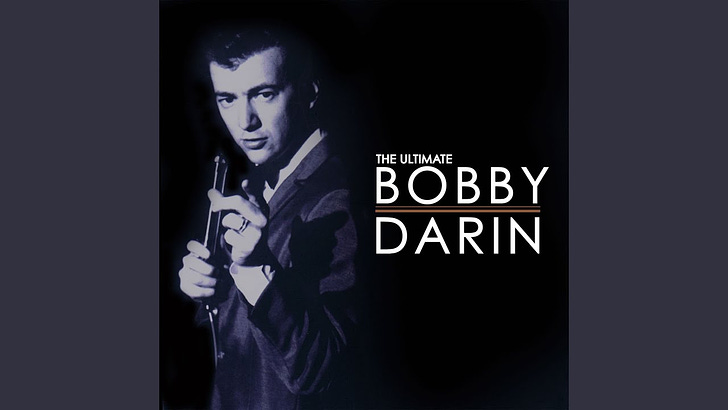Sometimes a Song is about a composer, and sometimes it is about a singer. Bobby Darin was both. But singers of his generation were following the trend toward folk and rock music, and where Bobby fit in was not immediately clear. Born in 1936 and raised by his grandparents (who he’d been told were his parents), Darin obviously grew up influenced by th…
Keep reading with a 7-day free trial
Subscribe to Word & Song by Anthony Esolen to keep reading this post and get 7 days of free access to the full post archives.



